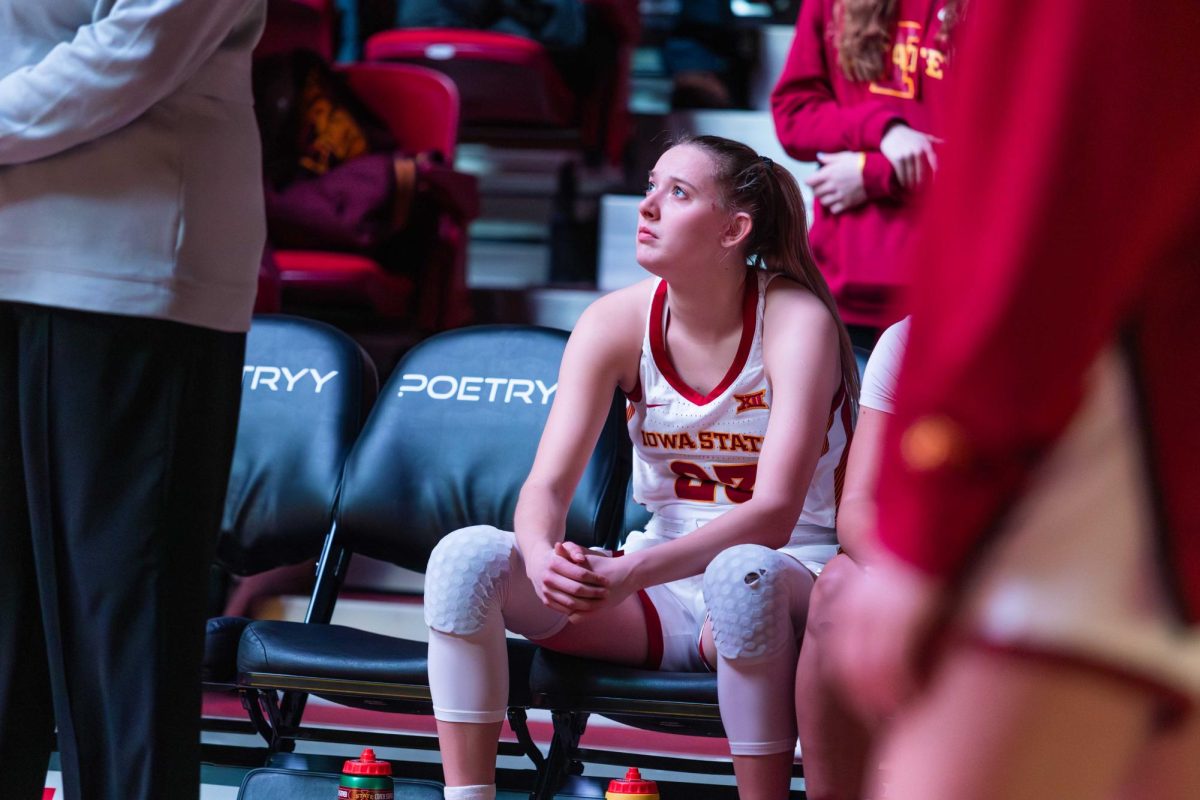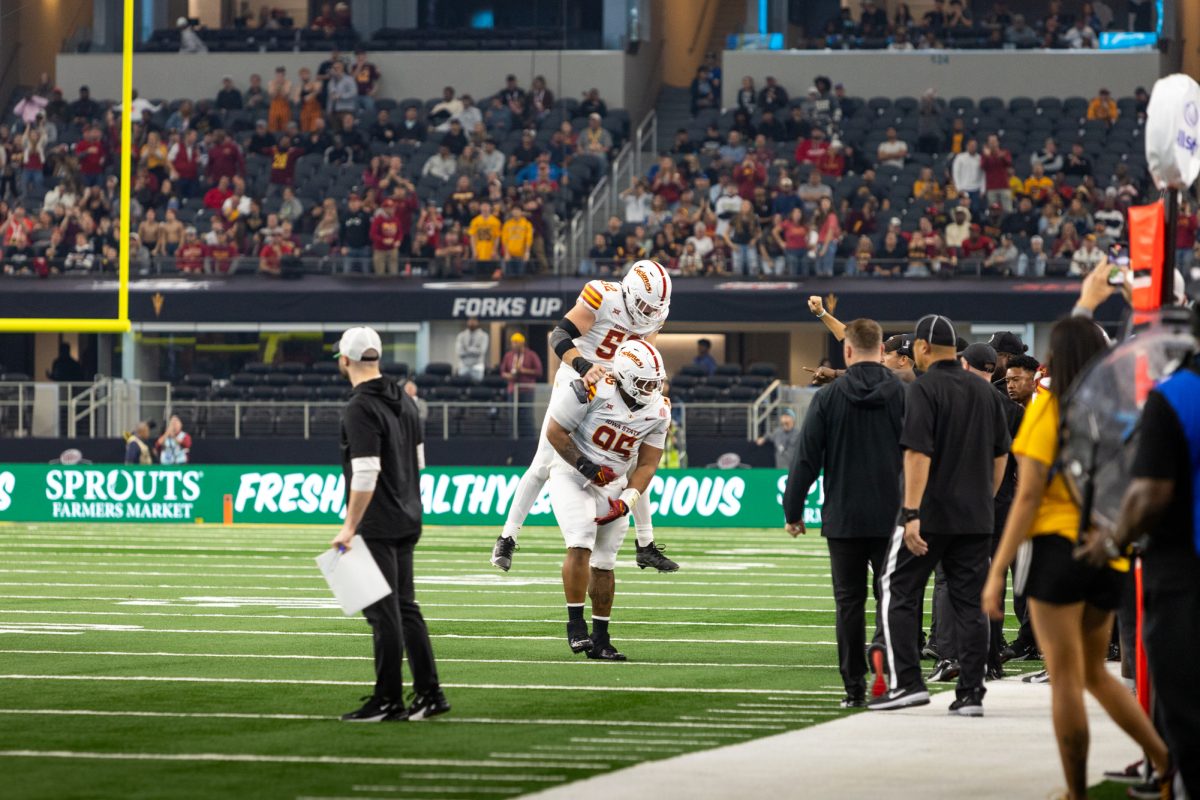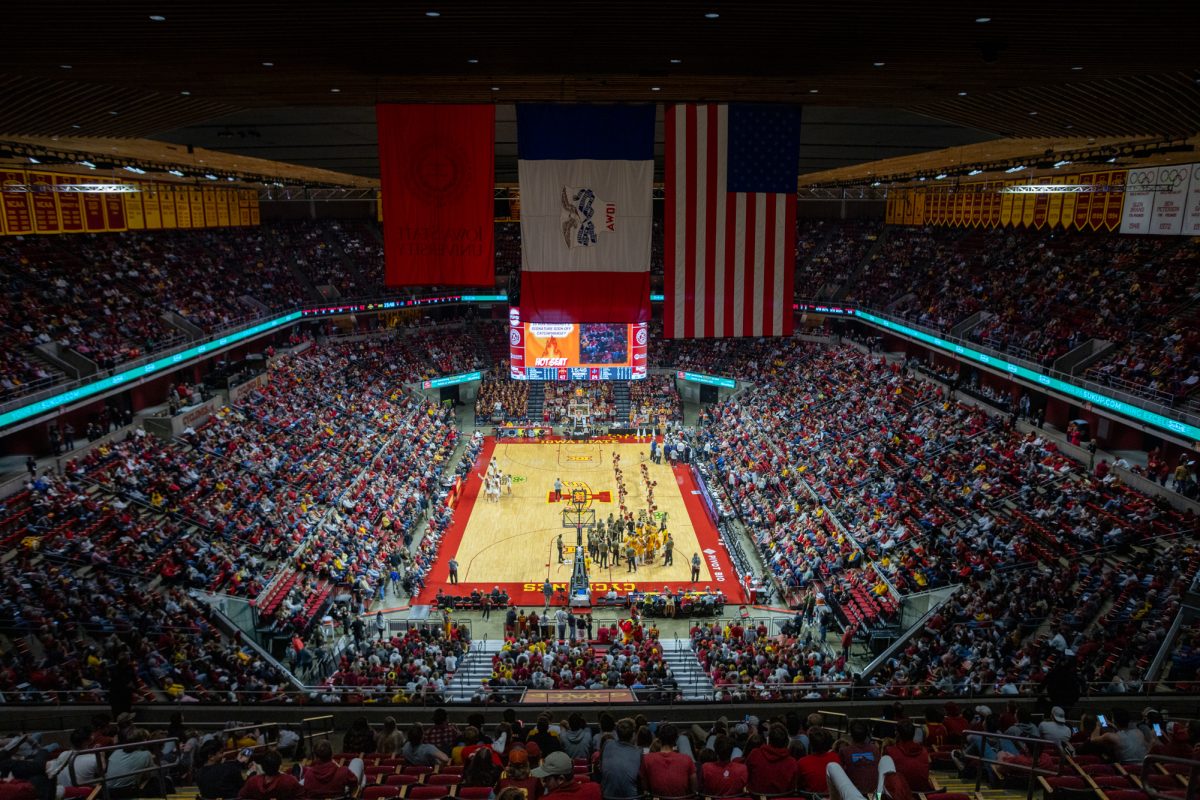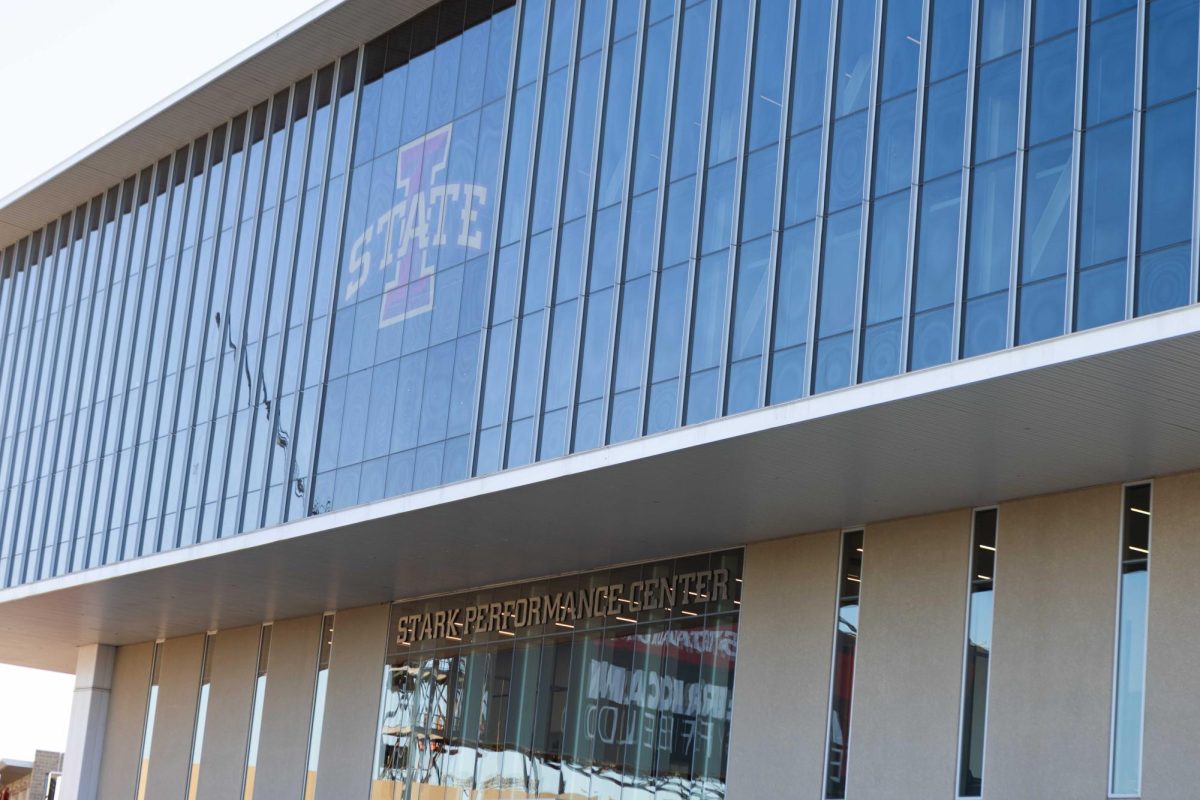A call to action
April 7, 2006
Aboagla Abaker Ibrahim recently got a phone call from his brother.
For most people, that’s not a big deal, but Ibrahim had not heard from his family in two years.
Ibrahim is from Darfur, located in western Sudan. Darfur has been the scene of genocide since February 2003, and killings are part of multiple conflicts between government officials and rebel groups, including a group called the Janjaweed, who kill civilians.
According to Savedarfur.org, approximately 400,000 Darfurians have already been killed by the Janjaweed. Every day, nearly 500 more Darfurians die, 3.5 million are starving and 2.5 million are displaced.
Members of Students Taking Action Now: Darfur gathered at Nollen Plaza in Des Moines Thursday holding signs and handing out information about the genocide in Darfur and the action being taken to help them.
Jessica Issacharoff and Latona Giwa, students from Grinnell College, handed out information and explained how the United States’s lack of involvement is hurting the people of Darfur.
Issacharoff said the U.N. Security Council is debating on action, but is waiting for the head of the council – the United States – to step up.
Reverend Goanar J. Chol, the Coordinator of Sudanese Ministries for the Presbyteries of Des Moines and Missouri River Valley, spoke through a loudspeaker to the gathering. He said more people are dying while others are deciding what to do.
“People are waiting for the genocide in Sudan to complete its course. Then we can say, ‘Sorry, we didn’t know,'” Chol said. “Let me remind you that 400,000 people have already died. How many more people have to die before we do something?”
Hassan Hassan, sophomore in electrical engineering from Sudan, said awareness is difficult in the United States because even people in Sudan do not know what’s going on.
“The government over there is trying to spread misleading information to the people of Sudan,” he said. “If everybody in Sudan got the image of what’s going on and what Darfur faces on a daily basis, I think there would be a lot better reaction.”
Advocate Mark Finkelstein addressed the crowd.
“The central fact of the matter is, people are being victimized, people are being brutalized, raped, murdered and forced to be refugees,” he said.
Caitlin Carmody, a Grinnell student, helped coordinate the rally.
April 6, the day of the rally, is the anniversary of the beginning of the Rwandan genocide. Carmody compared the killings in Darfur to the Rwandan genocide and the Holocaust.
Carmody mentions the world’s effort after World War II to stop any future genocides.
“It’s happening again and everyone is looking the other way; it’s clear we haven’t learned from history,” she said. “It’s apparent that the promise the world made after the Holocaust – ‘never again’ – is untrue, because we are letting it happen again.”
Hassan, who has family in Khartoum, Sudan, said there is definite concern because the people in Darfur feel as if they are being ignored by those in Khartoum.
“Due to the ignorance there is in Sudan, it is causing more problems in Darfur,” Hassan said.
Giwa said the main focus of the rally was to raise awareness.
Peter Clay, who originally came to Nollen Plaza to protest the Iraq War, joined with the group. He said Americans sometimes don’t know or think about all the atrocities going on in the world.
“We all go about our daily lives and don’t think about Iraq and Darfur and there are unspeakable acts going on in the world, but we are more worried about whether or not we paid our bills,” he said.
Hassan said he thinks the nations who are available to offer aid should.
“I want to encourage everyone in the U.S., and everyone who can stop this genocide to do something about it,” he said.






